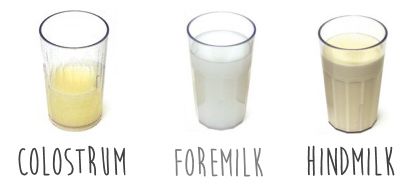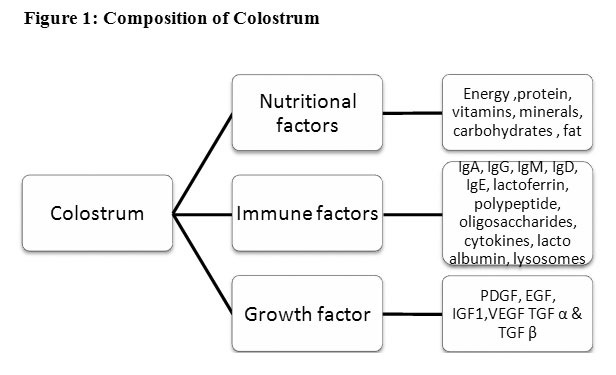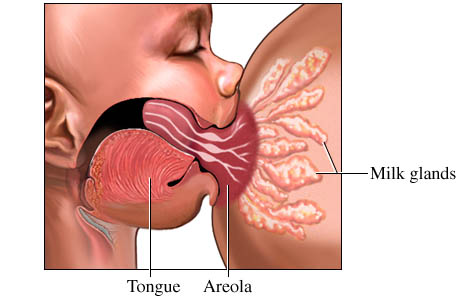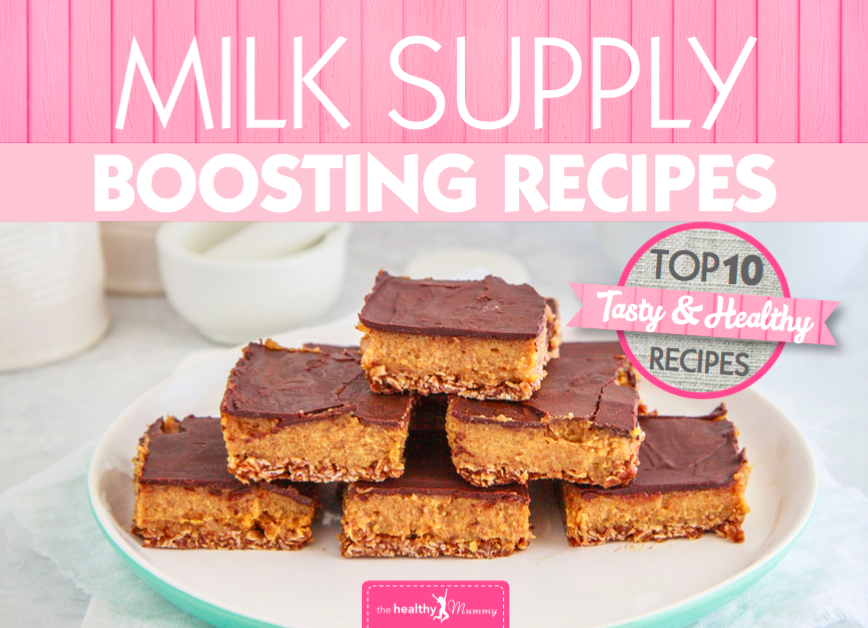There’s nothing quite like the experience of your breastmilk ‘coming in’. Waking up and suddenly realising that your breasts have tripled in size overnight and are heavier than a ton of bricks. Ah motherhood!!!
It may be uncomfortable, but your milk coming in is a completely natural and expected process. We’ve put together a timeline of what to expect on the days after your milk arrives.
What to expect in the first week of breastfeeding
Day 1
Immediately after birth your breasts will produce colostrum. This highly concentrated, creamy liquid is often referred to as ‘liquid gold’. It is low in fat, high in carbohydrates, protein, and is packed with antibodies to help keep your baby healthy. Colostrum is extremely easy to digest and is the perfect first food for your baby.
It is low in volume but high in concentrated nutrients. This means your breasts probably won’t feel any different and baby won’t consume huge amounts (think teaspoons not bottles worth). Colostrum also has a laxative effect on baby, helping him or her pass their first poo (otherwise known as ‘meconium’)
Day 2 -3
On days 2-3 after birth, many babies may want to attach and suckle very frequently. They do this for nutritional reasons and also to help stimulate your milk production. Many mothers worry that their baby isn’t getting enough to eat, but colostrum provides all that they need in the early days of life. Allowing your baby to feed frequently will help bring your milk in. You may notice that your baby becomes even more interested in feeding and very clingy on the day or night just before your milk arrives. This is usually a sign that milk is on its way and bub knows that they’ll be getting a big feed in the next short period!
Day 4 -5
Around this time, your milk will most likely come in. Don’t panic if it takes longer as some women find it takes a little bit more time to establish their milk supply, especially after a traumatic birth.
As your milk begins to switch from colostrum to mature milk, you’ll start producing something called transitional milk which is a mixture of colostrum and mature milk. During the next week or so, less and less colostrum is produced, and by the time your baby is two weeks old, mature milk has replaced the transitional milk and no more colostrum will be produced.
You can expect your breasts to feel heavy and very full. This is completely normal but can be uncomfortable. A supportive bra can really help take away some of the tenderness. Ensuring that your baby is latched on correctly and draining your breast of milk is also important as this reduces your risk of developing blockages or infections like mastitis.
If you’re having trouble or finding breastfeeding painful, it’s important to ask for help straight away. A qualified lactation consultant (otherwise known as an IBLC) can help support you as you establish breastfeeding and rectify any issues you might be having. You can also contact the Australian Breastfeeding Association.
Day 6+
Your milk should generally be in by now and you’ll be able to hear your baby gulping it down (and sometimes see it spraying out if they unlatch!).
The first weeks of breastfeeding are the most crucial in terms of establishing a good supply and building your confidence to feed. They can be tough and many mothers may feel as if they are constantly feeding around the clock.
It’s completely normal for a newborn baby to want to feed anywhere from 8-15 times in 24 hours.
Your breasts may also still be quite hard and engorged at times and nipples tender from all the feeding. The ‘baby blues‘ may also strike around day 4-6 which can leave your tearful and exhausted. It’s hard work! Your body and mind has been through an incredible process leaving you physically drained, sore and potentially dealing with additional stresses like constipation, haemorrhoids, episiotomy stitches, or recovering from a c-section, along with hormonal upheavals and sleep deprivation.
It’s important to ask for help if you’re struggling, rest when you can and be gentle with yourself. You’ve created something amazing! Remind yourself that both you and your baby are both getting to know each other and the world outside the womb. It takes time. As you continue breastfeeding, you’ll soon become more comfortable and things like engorgement will become a distant memory. That being said, if you’re still experiencing pain or really struggling to latch your baby on properly, seek help from a qualified professional as soon as you can. They can diagnose any issues and rectify them quickly.
If you’d love to recipe our FREE MILK BOOSTING recipe ebook, then just pop your details in below and it will be in your inbox within minutes.
Did you know that The Healthy Mummy Smoothies are safe for breastfeeding and recommended by doctors, midwives, nutritionists and 9 out of 10 mums.
Plus you can download a fact sheet on the smoothies here







